|
|
Ladies, it’s that time of the month again. Time to reach for that single-use tampon or pad. Have you ever wondered if there was a more sustainable choice? Cause I have. Modern habits around periods have a serious impact on the planet.
Busy? Try the speed read.
What is period poverty? Period poverty points to inequalities related to menstruation. That includes the lack of access to sanitary products, menstrual hygiene education, toilets, hand washing facilities, etc.
Who does it affect? Students, low-income and homeless women and girls, transgender and non-binary individuals, and the imprisoned all struggle with period poverty. Girls with special needs and disabilities are also disproportionately affected.
What are the main causes?
- Improper education― we often stigmatize menstruation.
- Economic barriers―menstrual products are costly (and in some cases taxed).
Why is it a problem? Period poverty increases physical health risks, such as reproductive and urinary tract infections, when the proper resources are not easily accessible. This causes women to turn to unsafe substitutes. Period poverty also widens the educational and economic gap.
Periods and planet
- In North America, about 20 billion tampons and pads go to landfills every year, and the non-organic items take at least 500 to 800 years to decompose.
- Disposable menstrual products are the fifth most common type of waste washing up on beaches, according to a report by the European Commission.
- The manufacturing of disposable menstrual hygiene products generates a total carbon footprint of about 15 million tons of greenhouse gas emissions annually―the equivalent of burning about 35 million barrels of oil, according to the United Nations Environmental Program.
How can we promote sustainable periods?
- Choose reusable menstrual products (e.g., period proof underwear, menstrual cup, and reusable tampon applicators and pads).
- Choose cotton products and support transparent brands if disposable products are necessary.
- Demand that corporations make plastic-free sanitary products.
Bottom line By normalizing menstruation and destroying taboos around the natural process, we can prioritize menstrual equity policy that makes sustainable menstrual products and sanitation available for all.
Dig deeper → 4 min
Period poverty at home and around the planet
Worldwide, it’s estimated that over 100 billion menstrual hygiene products are disposed of annually. Many of these products contain non-biodegradable plastic, taking each pad and tampon centuries to decompose.
Not only do these disposable items (e.g., tampons, pads, and applicators) end up in landfills, but they can also pollute our waterways. That harms marine wildlife, especially when not it’s disposed of properly. If you flush your tampons down the toilet―think twice―the waste may eventually end up in our oceans.
Now that you understand the environmental harm, let’s consider global inequality and lack of accessibility.
According to UNICEF, 2.3 billion people in the developing world live without basic sanitation services globally, and only 27% have adequate hand washing facilities in the home. Imagine trying to manage periods safely (and with dignity) in this environment.
Period poverty is a global sanitation issue affecting both men and women around the planet; our environment inevitably lingers in the cross-fire.
According to the ACLU, there are 800,000,000 people on the planet who are menstruating daily, of whom at least 500,000,000 lack adequate resources for managing their periods.
Period poverty in America
We often don’t think about what it’s like for homeless or low-income menstruators to get their periods. In a city-wide study in St. Louis on period poverty, it was found that 46% of low-income women had to choose between a meal and period products over the past year.
The study estimated that approximately 21% of women struggle to afford period products monthly. Yet, 35 out of 50 states still do not exempt sales tax on menstrual products. The study also revealed that many low-income women cannot afford sanitary products and government legislation, such as the “tampon tax,” only exacerbates the problem.
A handful of states passed laws mandating schools provide period products to students. This designation deemed period products as essential as toilet paper. Moreover, federal prisons made menstrual products free in 2018. However, incarcerated individuals often beg or bargain with staff for basic hygiene needs reinforcing a dehumanizing power imbalance.
More recently, activists organized a petition and march to put pressure on the Department of Education to eradicate period poverty in the United States. They called on the government to treat menstrual products as health necessities, support policies that protect students who menstruate, and fund period products in school bathrooms.
National Period Day, a grassroots movement created in 2019, will take place this year on October 10th to promote menstrual equality, but more work still needs to be done.
Period poverty around the world
Menstruation is stigmatized around the world and still taboo in many cultures. This hinders access to basic supplies, facilities, information, and support. For example, in Nepal, women are seen as impure by their communities and vanished to huts during their cycles.
According to a study by Human Rights Watch, 1 in 10 girls in Africa have their education interrupted because of their periods. In Uganda, a study found that many girls skipped school while on their period to avoid teasing by classmates.
Not only are women suffering from psychological shame around menstruation, they are losing educational opportunities.
In countries such as India and South Africa, many women resort to using unsafe materials like clothes, rags, newspapers, leaves, bark, and grass to try to stop the flow. The MINA Foundation, run by three South Africa women and based in Johannesburg, launched in 2015 to produce and distribute menstrual cups to young women and girls.
In addition, the non-profit organization teaches women around the world about feminine hygiene and sanitation being mindful of cultural barriers. This is one example of an organization taking an eco-conscious approach to promote menstrual equality.
Options for adopting a sustainable period
Plastic is everywhere. Plastic exists in tampon applicators, pads and packaging–and it is harming the environment and our bodies. For those of us lucky to have access to sanitary products, there are many sustainable, budget-friendly alternatives to explore.
To minimize how habits around periods pollute our planet, we should consider these alternatives, especially as we make larger strides toward menstrual justice around the world.
Women may find it difficult getting intimate with their period; however, we can remove the stigma around periods through education. Check out the following brands to reduce your plastic footprint every month:
Final thoughts
Having a period is not a luxury, it is a basic human need. In developing countries especially, girls and women are often deprived of the proper resources to manage menstruation. As a result, their education and economic progress suffer.
We must regain control over the way we manage menstrual cycles by demanding policy reform for the most vulnerable women around the world. Let’s embrace sustainable solutions to protect not only our people and their periods, but the planet too.
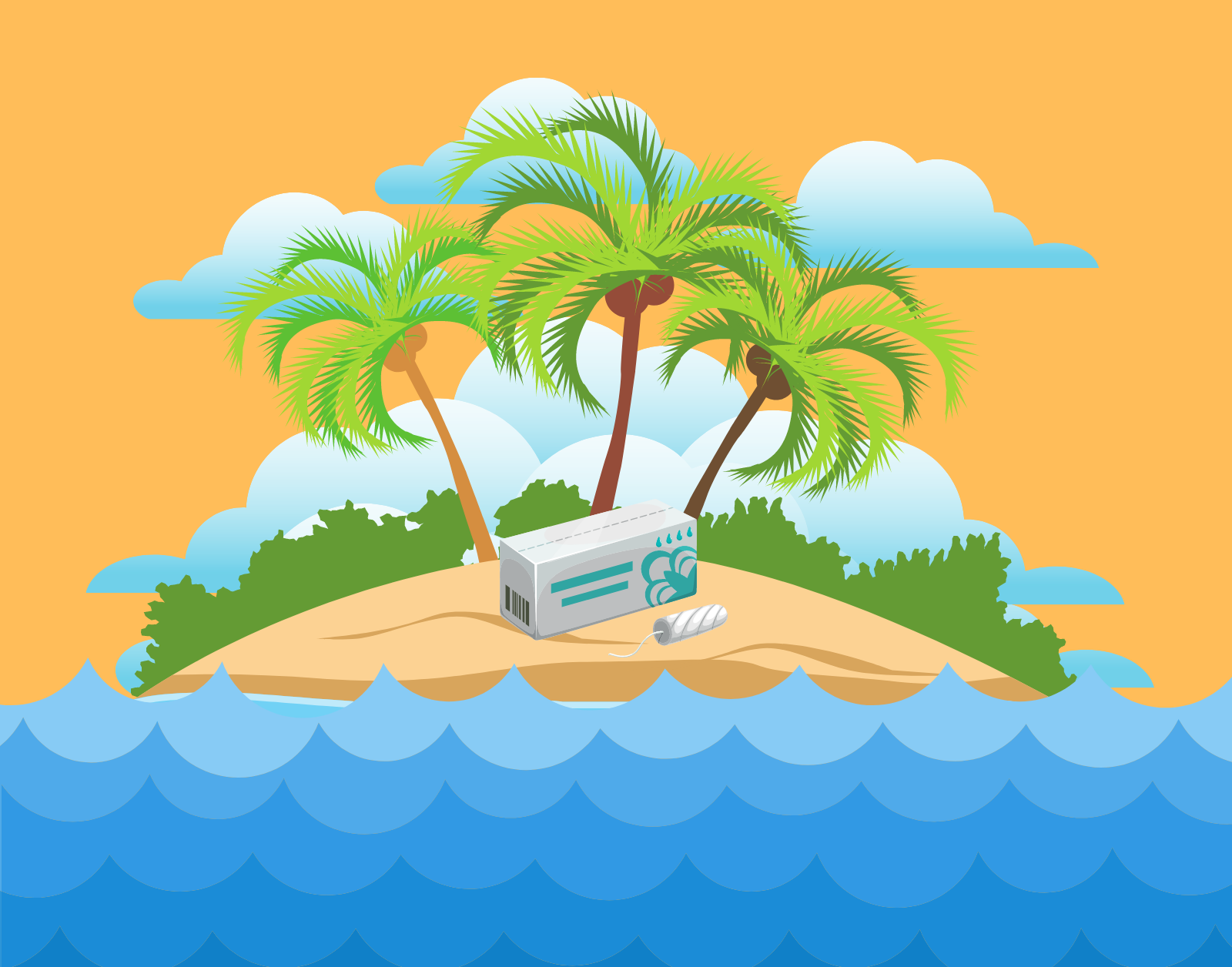
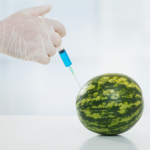

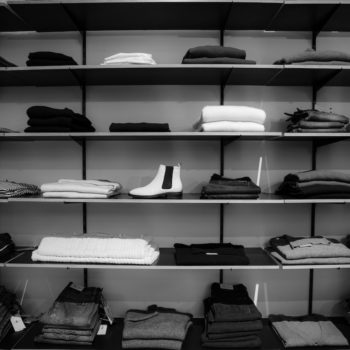
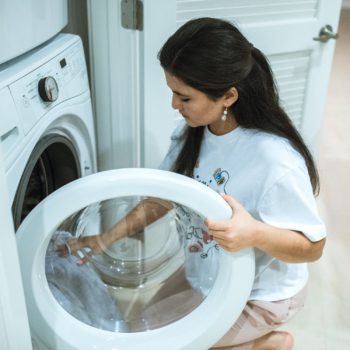
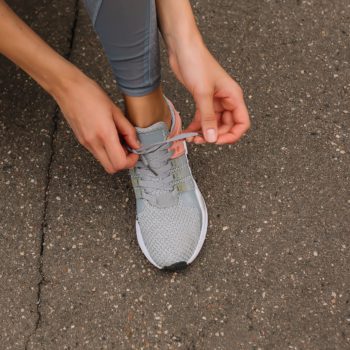
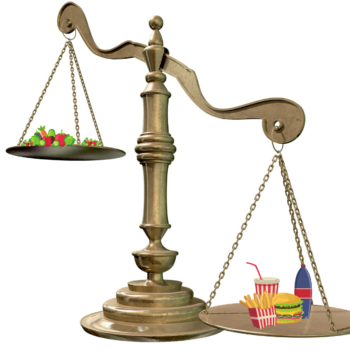

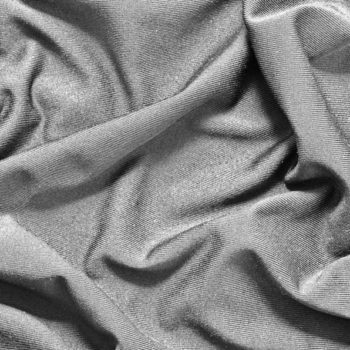

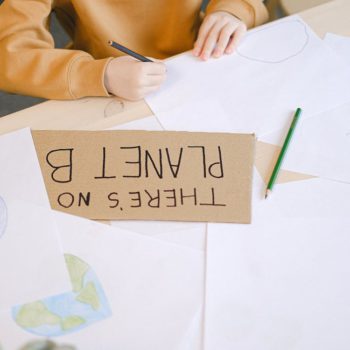


No Comments